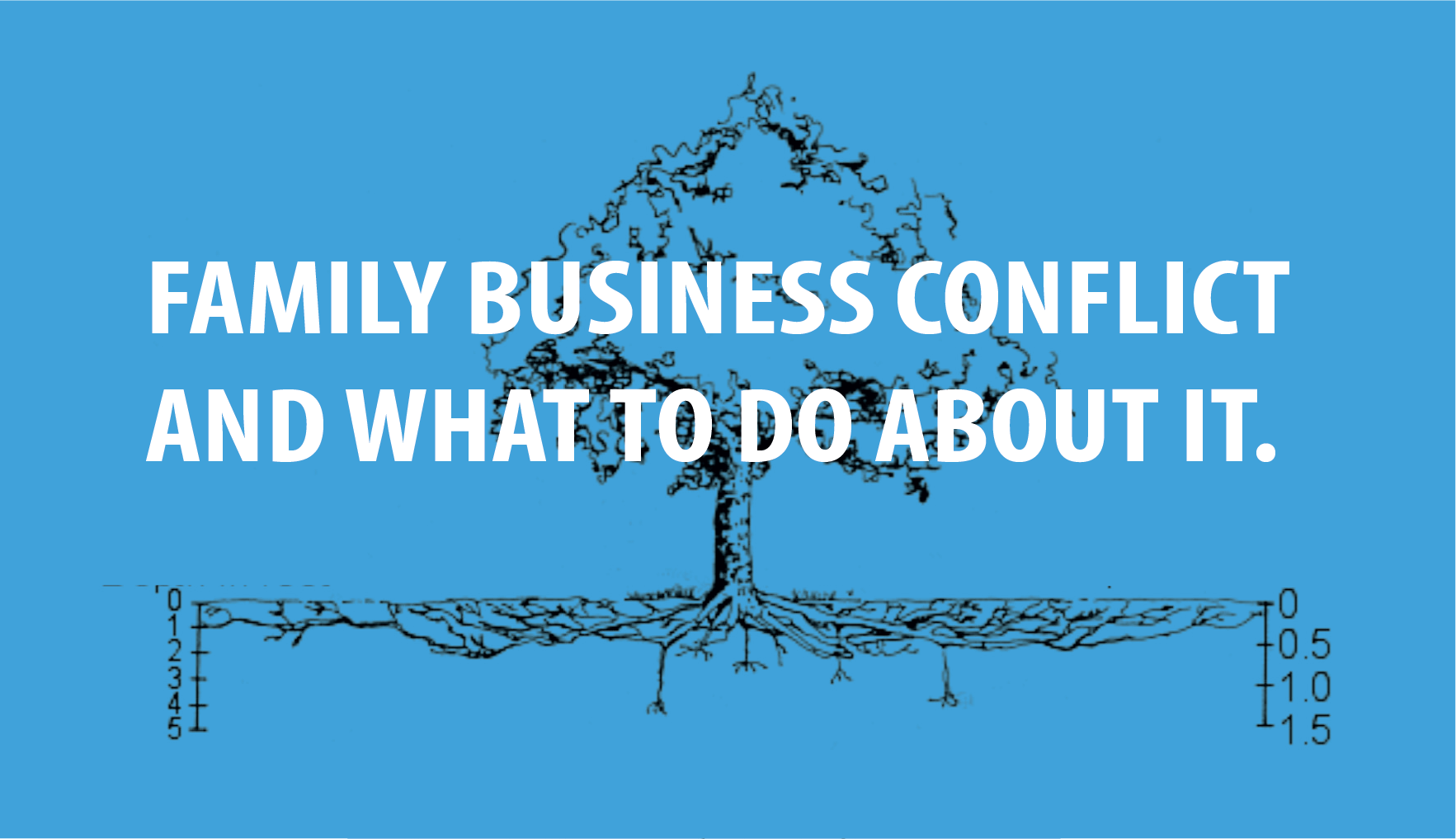Family business conflict and what to do about
it.

What are the 4 types of family conflict?
- Family Conflict: This kind of conflict usually happens because one person has an opinion that
differs from another person’s and emotions or family dynamics take over. It may be about
money, work, parenting, or even because someone is upset over what someone said or did in the
past. - Power Struggle: When two or more members of a family, particularly siblings, have different
opinions about how to run things, a power struggles between them can ensue. Competition for
attention, differing personal goals or even a resentment about something that happened in
childhood can blow up into a major issue that can affect performance in the company and family
cohesion. - Role Conflicts: If some members of a family don’t agree on who does what within the family,
role conflicts will arise. A good example would be parents wanting their children to follow a
certain path into the business while their children have other life plans. The conflict is not
between the two parties but within each party. They are unable to see things from the other’s
point of view. This leads them into an endless cycle of argumentation that can, if not addressed,
end up destroying both themselves and the family relationship they have with one another. - Identity Conflicts: Finally, identity conflicts happen when one member of a family feels
strongly about something and wants to impose that belief system onto the rest of the family. The
person may want everyone else to share their views on the subject, they might feel threatened if
others don’t agree with them.
Managing Conflict Family Businesses
It’s a good idea to have a conflict communication plan.
You can plan for conflicts before they happen. A formal resolution process can bring order to the
flow of emotions that are inevitable in a business-owning family. Family companies should have
a plan in place for managing family disputes so that disagreements don’t escalate and tensions
rise.
Lock at the nature of the conflict
Conflict management involves distinguishing between tasks and conflicts. If there is a conflict
communication plan, disputes over how business is conducted can spark needed change and spur
creativity, but arguments will threaten family cohesiveness.
Family members may no longer be able to function as a team if conflicts are allowed
to escalate. When family members work together to resolve conflict governed by a prepared plan, they learn new things about each other, polish their communication skills and build family unity.
Communication is critical
Communication is usually key. Surveys of successful family businesses found that
they usually have a family council, they hold regular business and family meetings. It
is becoming more popular to stay in touch with technology such as Zoom.
Low-conflict families reach out to each other much more frequently than high-conflict families.
Communication serves to build trust, reduce misunderstandings and strengthen relationships in
general. Families who keep in touch can discuss disagreements as soon as they arise so bad
feelings don’t fester.
familybusinessmagazine.com


 At Copper Beech Company, we believe that planning for the future helps create the future you want. We help clients identify goals and we care about the results our clients achieve. Whether the goals are improving financial position, growing the business, transitioning management and ownership. Helping Clarify goals, plan the route and holding the client accountable for achieving the milestones along the way is how we bring value to the engagement.
At Copper Beech Company, we believe that planning for the future helps create the future you want. We help clients identify goals and we care about the results our clients achieve. Whether the goals are improving financial position, growing the business, transitioning management and ownership. Helping Clarify goals, plan the route and holding the client accountable for achieving the milestones along the way is how we bring value to the engagement.